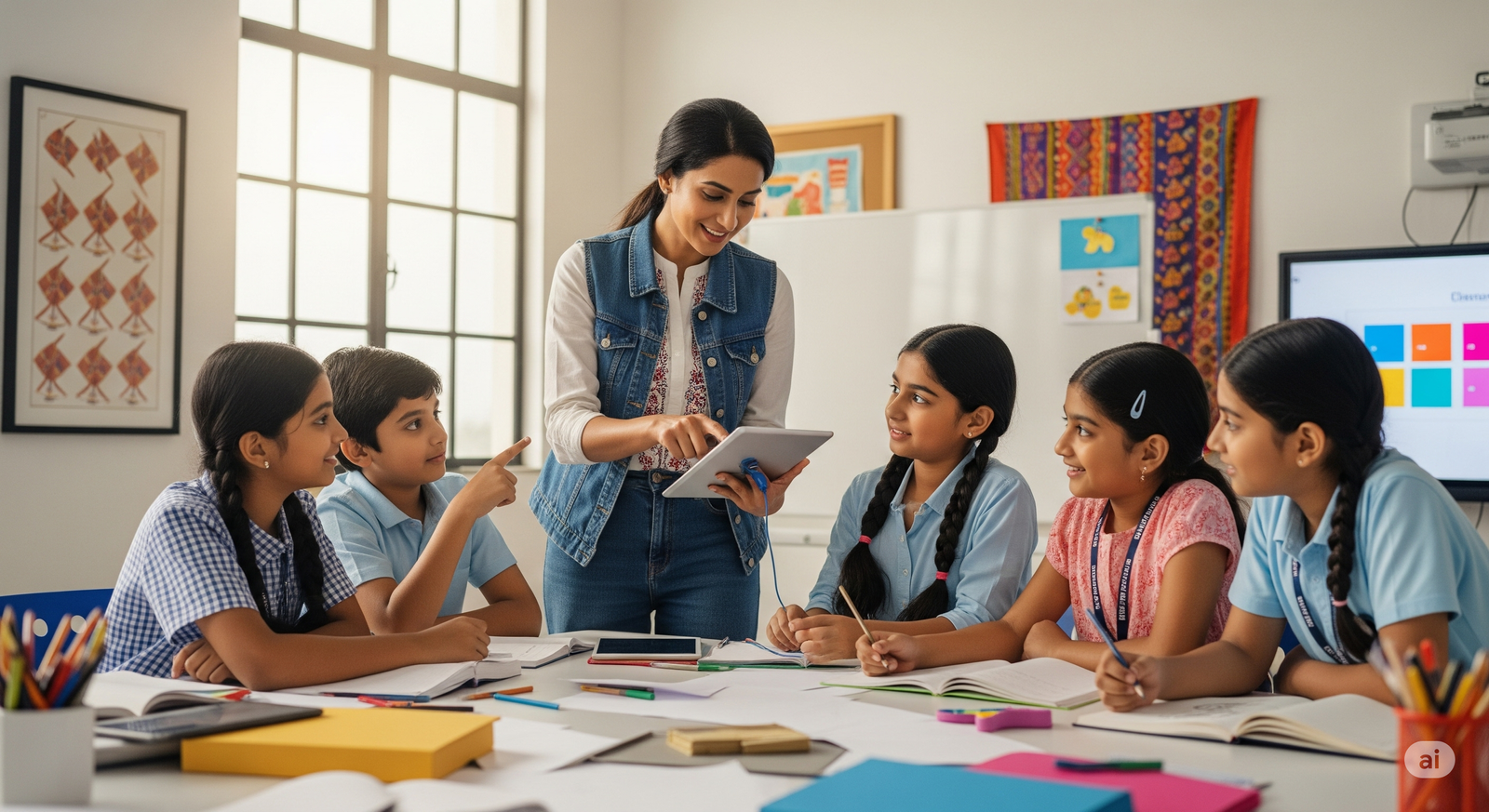
For decades, traditional classrooms often followed a teacher-centered model, where information flowed primarily from the instructor to passive recipients. However, modern educational thought increasingly emphasizes student-centered learning. This paradigm shift places the learner at the core of the educational process, recognizing their individual needs, interests, and learning styles.
Education is not a static entity; it's a constantly evolving landscape shaped by research, technology, and a deeper understanding of how individuals learn. At the heart of this evolution lies educational pedagogy and methodology – the art and science of teaching. Embracing innovative approaches in these areas is crucial for creating engaging, effective, and equitable learning experiences for all students.
For decades, traditional classrooms often followed a teacher-centered model, where information flowed primarily from the instructor to passive recipients. However, modern educational thought increasingly emphasizes student-centered learning. This paradigm shift places the learner at the core of the educational process, recognizing their individual needs, interests, and learning styles.
Student-centered pedagogies encourage:
Technology has revolutionized numerous aspects of our lives, and education is no exception. When thoughtfully integrated, technology can significantly enhance educational pedagogy and methodology.
Moving beyond textbooks and lectures, inquiry-based learning encourages students to ask questions, investigate, and construct their own understanding of concepts. This approach fosters curiosity, critical thinking, and problem-solving skills.
Experiential learning, on the other hand, emphasizes learning through direct experience and reflection. This can involve field trips, experiments, simulations, and real-world projects. By actively engaging with the subject matter, students develop a deeper and more meaningful understanding.
In today's rapidly changing world, it's crucial for education to foster critical thinking and creativity. Pedagogies that encourage questioning assumptions, analyzing information, and generating novel ideas are essential.
Assessment is an integral part of the educational process. While traditional methods like exams still hold value, a shift towards formative assessment is gaining momentum. Formative assessment involves ongoing monitoring of student learning to provide timely feedback and adjust teaching strategies accordingly. This can include classroom discussions, quick quizzes, and peer assessment.
Furthermore, authentic assessment tasks students with applying their knowledge and skills in real-world contexts, providing a more holistic measure of their learning.
Educational pedagogy and methodology are not static formulas but rather dynamic frameworks that must adapt to the evolving needs of learners and society. By embracing student-centered approaches, leveraging technology effectively, promoting inquiry and experiential learning, cultivating critical thinking and creativity, and utilizing diverse assessment methods, educators can create transformative learning experiences that empower students to thrive in the 21st century and beyond. Continuous reflection, research, and collaboration among educators are vital to ensure that our pedagogical practices remain innovative and effective in shaping the future of education.